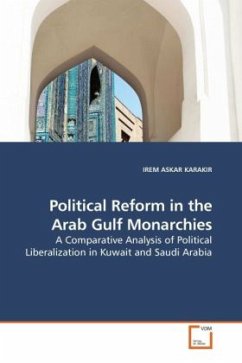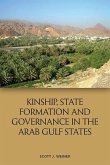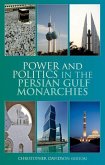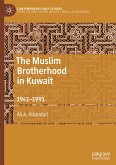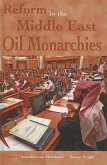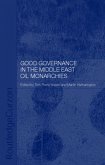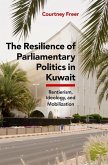This research seeks to explain how the ruling regimes of the Arab Gulf have responded to external pressures along with increasing internal demands for political reform in the post Cold war period. Regardless of similarities in their domestic political contexts, the quality and the quantity of political reform implemented, differed from one Arab Gulf state to another. A comparative analysis is employed to provide the reader with a detailed examination of political liberalization in two specific Arab Gulf states, namely the Kuwait and the Saudi Arabia with a special emphasis on their representative institutions. Throughout this study, overall performances of Kuwait and Saudi Arabia in terms of political liberalization are compared and reasons behind Kuwait s relative success are analyzed. It is the basic conclusion of this study that despite Arab Gulf regimes have been slow in taking steps towards political liberalization, they have not been immune to this process. In this regard, even the most conservative Arab Gulf monarchy, the Saudi Arabia has not been able to remain indifferent to change and political reform.
Bitte wählen Sie Ihr Anliegen aus.
Rechnungen
Retourenschein anfordern
Bestellstatus
Storno

